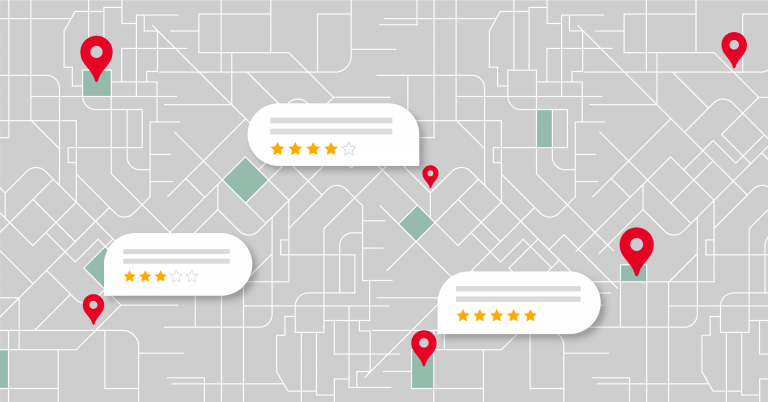Over the past few years, the vast field of marketing has undergone tremendous changes. With the emergence of social media and other technologies, businesses can now reach out to potential customers in a more personalized manner.
Hyperlocal marketing in this aspect has gained significant momentum. It enables brands to target customers in a very specific geographical area, often narrowing down to a single neighborhood. One particular tool that has emerged to amplify these hyperlocal marketing efforts is the store locators.
In the context of hyperlocal marketing, store locators allow you to pinpoint the customer’s exact locations and deliver highly relevant promotions, messages, and offers to the customers. It increases the chances of converting online customers into store visits and ensures that marketing content is relevant to the local audience.
In this article, we will delve into the details of what store locators are and the many ways in which they can help boost hyperlocal advertising and enhance the overall customer experience.
Store locators can be described as online tools or features businesses provide to help customers find the physical locations of their stores, offices, or outlets. They are commonly integrated into company websites or mobile apps and serve as digital maps for users seeking information about nearby brick-and-mortar locations.
Some of the key features of store locators include:
Overall, store locators play a significant role in connecting online and brick-and-mortar businesses, especially those with physical storefronts.
Let’s take a look at some of the many ways by which store locators can help businesses enhance their hyperlocal marketing strategies.
Enhanced Accessibility
Store locators serve as digital compasses, guiding customers to the nearest physical stores and local businesses. This accessibility is especially crucial in hyperlocal marketing, wherein businesses aim to reach customers in precise geographic areas. It is particularly in this last mile where consumers can be impactfully found, and it is the modern-day cost-effective virtual capabilities that enable such specific targeting. By providing accurate and real-time information about nearby stores, local businesses can quite easily enhance their digital accessibility for all their prospective customers, increasing the chances of physical visits
Easy Integration with Mobile Devices
In an era largely dominated by mobile devices, store locators have emerged as a powerful tool by seamlessly integrating smartphones and tablets. Customers can now easily access optimized store locator features on the go, thereby making it a convenient feature for those actively seeking nearby products and services. This mobile compatibility aligns perfectly with the fast-paced, on-the-move lifestyle of today’s consumers.
Boosting Local Search Rankings
Store locators also play a pivotal role in boosting hyperlocal ranking strategies for businesses. By constantly updating and optimizing location-based information, enterprises can improve their overall visibility in local search results. This, in turn, enhances the chances of attracting the attention of potential customers looking for products and services in their local area.
Personalized User Experience
One of the stand-out features of store locators is their ability to offer a personalized experience to all users. By integrating customer data and preferences, businesses can customize the information displayed through the store locator, which includes in-store events, promotions, or product availability. This level of personalisation not only enhances the customer journey but also fosters a sense of connection between the brand and the consumer.

Store locators have been instrumental in elevating the hyperlocal marketing strategies for all businesses, with a specific focus on local businesses. From enhancing accessibility to personalized user experience, the impact of store locators extends beyond simple navigation.
Businesses that can harness the full potential of these digital tools can not only position themselves better in the vast realm of hyperlocal marketing but also create more meaningful connections with their audience. All these will ultimately contribute to the overall success of brands in this dynamic and highly competitive business landscape.